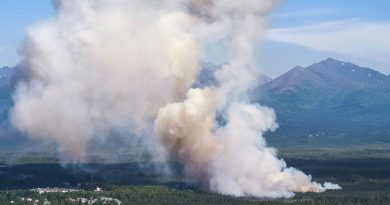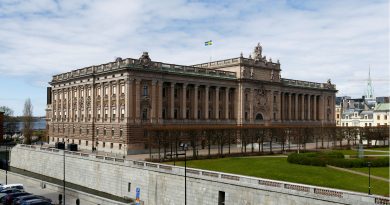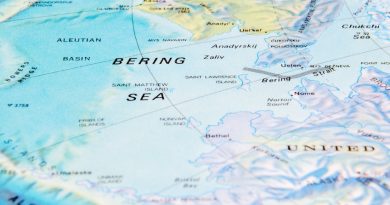Non-profit to set up local, community-run internet service provider in Arctic Canada
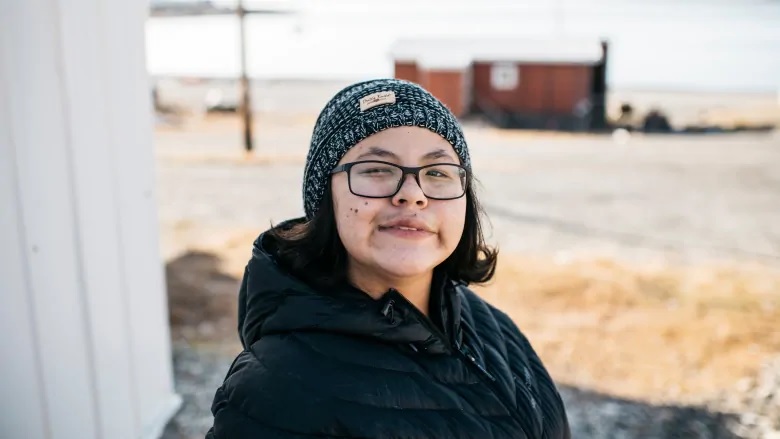
The days of the internet monopoly in Ulukhaktok, N.W.T., in Arctic Canada, are numbered.
A $20,000 investment by a non-profit in the Arctic hamlet will establish a new community-owned and -operated internet service provider as early as next summer.
The speeds on that network would improve by 2021, when the non-profit plans to connect to new low-Earth orbit satellites.
Right now, Northwestel, the territory’s only service provider, offers Ulukhaktok a five megabyte per second download speed in its fastest package. Northwestel announced it also plans to connect to the low-Earth orbit satellites.
The community initiative was spearheaded locally by 20-year-old Sydonie Okheena, who took part in training provided by Internet Society on building and maintaining a small-scale internet service provider. The training modules, normally delivered online, had to be shipped to the community on USB sticks and donated laptops because of the poor internet service in the area.
Before recently moving to Inuvik, N.W.T., Okheena had lived in Ulukhaktok most of her life. Last year she attended the Internet Society’s Indigenous Connectivity Summit in Inuvik.
She said once she got more knowledge about the training provided by Internet Society, she insisted on taking it on.
Okheena said she hopes this new project will improve the expensive yet low-quality internet that the community now has.
“It’s important to me because for so many years we had really slow internet, and really slow service,” said Okheena.
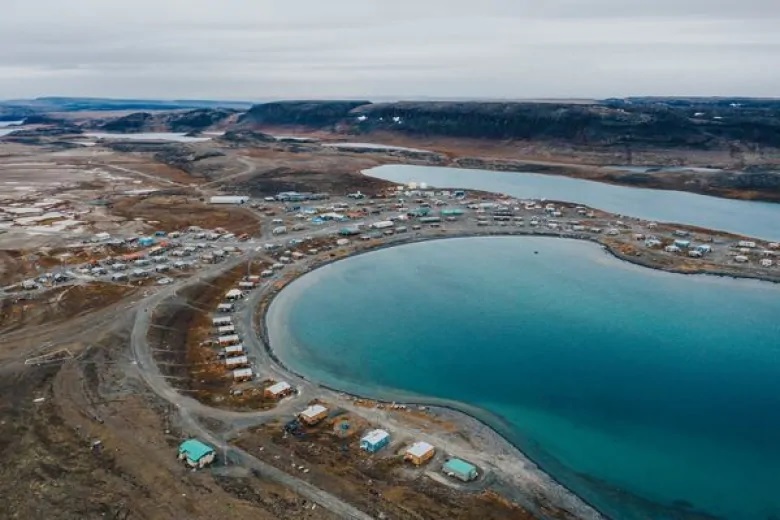
Okheena said they expect the project to cost about $20 million, and they hope to have it completed in about a year after work on the project starts this summer.
Okheena will be heading to Hawaii for this year’s connectivity summit, where she’s hoping to get even more knowledge that can help her in Ulukhaktok.
Money stays in the community
Mark Buell, the North American bureau director for Internet Society, said the initiative was about providing the community with another, better option.
“Generally speaking, service with a community network is cheaper, because the community would run it as a not-for-profit service,” Buell said.
“What money people would pay to have internet access … stays in the community instead of going to a company from down south.”
Buell also said, if successful, the network could be a local job creator, as more people could be employed to maintain and operate the network.
Antennas purchased by Internet Society should arrive in the community by spring or summer 2020, Buell said, allowing Okheena and others to set up a local LTE network.
Internet Society is a global non-profit established in 1992 by the “founders of the internet,” Buell said — “the people who created the technologies that went on to become the global internet as we know it.”
Its funding comes from fees paid to register .org domains.
“We work around the world, and have done so for 27 years, to connect the most difficult places in the world to connect — everywhere from India to the former Soviet Republic of Georgia,” said Buell.
The hamlet was identified as a possible location for a local network pilot project at the Indigenous Connectivity Summit held last November in Inuvik, N.W.T.
The Inuvialuit Regional Corporation, Buell’s former employer, approached Internet Society with the idea of working with the hamlet of Ulukhaktok to establish a community network, Buell said.
Ulukhaktok is only the second community to take part in the project. Pu`uhonua O Waimanalo, an Indigenous community outside Honolulu, Hawaii, was the first — their network is coming online this week.
“In North America, we know that there are many millions of people who are either experiencing poor quality service on the internet or have no service whatsoever,” said Buell. “We see it as our role to connect those communities.”
Buell said if other communities are interested, Internet Society can provide training and fundraising assistance to build local networks of their own.
Related stories from around the North:
Canada: Nunavut-Greenland fibre cable to cost $80M more than planned, CBC News
Finland: Major step towards a Europe-Asia Arctic cable link, Yle News
Norway: New satellites to boost communications in Arctic Norway, The Independent Barents Observer
Russia: Russian military to get fast, secure internet through trans-Arctic cable, The Independent Barents Observer
United States: Alaska’s first wireless 5G network to be built in Anchorage, Alaska Public Media

